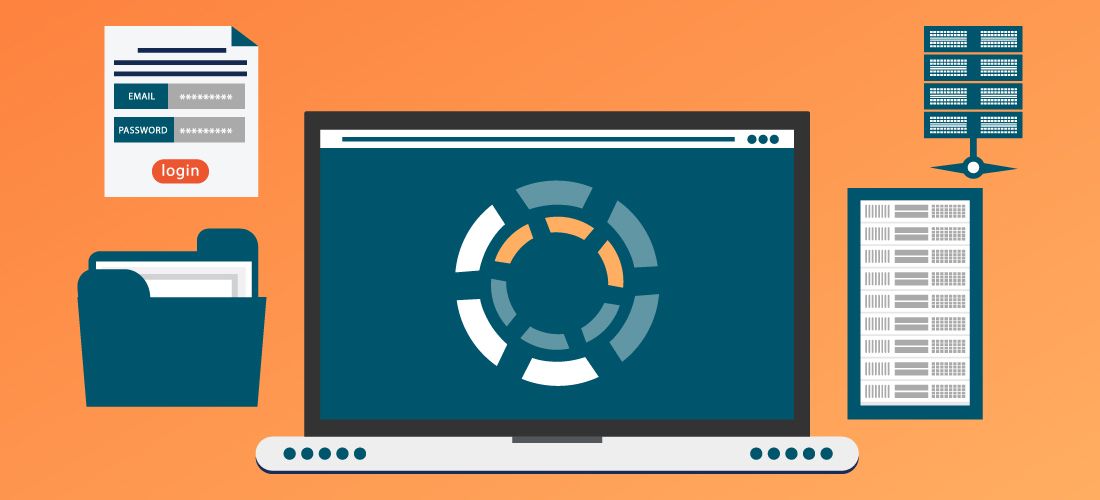Introduction to Cyber Warfare
Cyber warfare is no longer a concept confined to science fiction. It has become a stark reality that shapes the dynamics of global security. As we navigate through this digital age, battles are being fought not just on land or sea but in cyberspace, where lines of code can have far-reaching consequences.
The rise of sophisticated technology and its rapid evolution has transformed how conflicts emerge and escalate. Nations now find themselves grappling with threats that often remain unseen until it’s too late. With every advancement—whether it be artificial intelligence, quantum computing, or advanced hacking techniques—the landscape of international relations shifts dramatically.
Understanding cyber warfare is essential for grasping the future of global security and stability. This blog will explore how technology is reshaping our approach to conflict, who bears responsibility for defending against these new kinds of attacks, and what lies ahead in this ever-evolving battleground. Join us as we delve into the intricate web connecting technology and national defense in an era defined by innovation—and uncertainty.
The Evolution of Technology in Warfare
Warfare has always been shaped by technological advancements. From the invention of the bow and arrow to the development of nuclear weapons, each leap forward redefined conflict.
In recent decades, digital technology has taken center stage. Cyber tools have become essential for military strategies. Nations now invest heavily in cyber capabilities, focusing on offensive and defensive tactics.
Artificial intelligence is emerging as a game changer. Algorithms can analyze vast amounts of data faster than human minds ever could. This leads to quicker decision-making processes on the battlefield.
Drones represent another significant shift in warfare dynamics. They allow countries to engage targets without risking personnel lives directly involved in combat situations.
As technology continues evolving at breakneck speed, traditional notions of warfare are being challenged daily. The landscape we once knew is transforming rapidly with every new innovation introduced into military operations.
Impact on Global Security
Cyber warfare has fundamentally altered the landscape of global security. Traditional military strategies now intertwine with digital tactics, creating a new battleground where nations can engage in conflict without ever firing a shot.
The potential for disruption is staggering. Critical infrastructures—like power grids and water supplies—are now vulnerable to cyberattacks that can have cascading effects on millions. A single breach could lead to chaos, undermining national stability.
Moreover, state-sponsored hacking incidents blur the lines between war and peace. Nations use these covert activities to gather intelligence or sabotage rivals while maintaining plausible deniability.
Allies must rethink their defense strategies as well. Cooperation on cybersecurity becomes essential in an interconnected world where threats are often invisible and unpredictable.
The implications extend beyond politics; they affect economies too. The fear of breaches drives costs up, compelling businesses to invest heavily in cybersecurity measures just to safeguard their operations against potential attacks.
Government and Military Responses
Governments worldwide are taking cyber warfare seriously. The rise in sophisticated cyber attacks has triggered a reevaluation of national security strategies.
Many nations are establishing specialized units within their military forces dedicated to cybersecurity. These teams focus on defense, but they’re also honing offensive capabilities. The balance between deterrence and action is delicate.
International collaborations have become crucial. Countries share intelligence regarding threats and best practices to bolster defenses collectively. This cooperation extends beyond borders, involving private sector partnerships that enhance technological innovation.
Investment in cutting-edge technology is soaring as well. Governments are funding research into artificial intelligence and machine learning to predict potential threats more efficiently.
Legislation is evolving too, aiming to address the complexities of cyberspace. New laws create frameworks for accountability while attempting to safeguard citizens’ rights amidst rising tensions in this digital arena.
Effects on Civilian Life
The rise of cyber warfare is transforming civilian life in profound ways. Daily activities, from online banking to social media interactions, are under constant threat. Attacks can disrupt essential services like healthcare and transportation.
Cybercriminals often exploit vulnerabilities during conflicts. A single breach could expose personal information for millions. The impact extends beyond individuals; businesses face financial losses and reputational damage.
Fear and uncertainty permeate public consciousness. People worry about their privacy and security more than ever before. This anxiety affects how they engage with technology.
Moreover, misinformation campaigns can sway public opinion or incite panic during crises. Civilians find themselves caught in a web of propaganda that complicates real-world dynamics.
As the lines between military operations and civilian life blur, understanding these effects becomes crucial for resilience against future threats.
Ethical Concerns and Regulations
As cyber warfare evolves, so do the ethical dilemmas surrounding it. The line between offensive and defensive actions can often blur. What constitutes legitimate defense? Where should we draw the line?
These questions raise significant concerns about accountability. Who is responsible for cyber attacks? Individuals, governments, or corporations may all share in this complex web of responsibility.
Regulations lag behind technology’s rapid advancements. Existing laws struggle to keep pace with innovations like artificial intelligence and machine learning in warfare strategies. This gap creates a chaotic landscape where rules are ambiguous.
Moreover, civilian data privacy is at risk during these operations. Ethical frameworks must prioritize protecting innocent lives while also addressing national security needs.
Organizations worldwide grapple with establishing robust guidelines that encompass these challenges without stifling innovation or infringing on rights. Balancing security with ethics will be crucial as nations navigate this uncharted territory ahead.
Predictions for the Future of Cyber Warfare
The landscape of cyber warfare is continuously evolving. As technology advances, so do the tactics employed by both state and non-state actors. We can expect to see an increase in automation, with artificial intelligence playing a significant role in identifying vulnerabilities and launching attacks.
With the rise of quantum computing, traditional encryption methods may no longer be secure. This will likely lead to a new arms race focused on cybersecurity measures capable of countering these advanced threats. Nations are already investing heavily in research to develop next-generation defensive systems.
Moreover, as more devices become part of the Internet of Things (IoT), the attack surface expands exponentially. Smart homes and critical infrastructure could become potential targets for cyber operatives looking to cause disruption or chaos.
We might also witness greater collaboration between governments and private sectors as they work together to share information and resources for better defense strategies. The importance of public-private partnerships cannot be understated; they’re becoming essential for strengthening national security against cyber threats.
International norms around cyber warfare will continue developing too. Countries may establish treaties aimed at reducing tensions surrounding cyberspace conflicts while promoting responsible behavior online.
As we look ahead, it’s clear that adaptability will be key in addressing future challenges within this domain. Those who can pivot quickly and innovate will have a distinct advantage in maintaining global security amidst the complexities introduced by technological advancements.














Leave a Reply